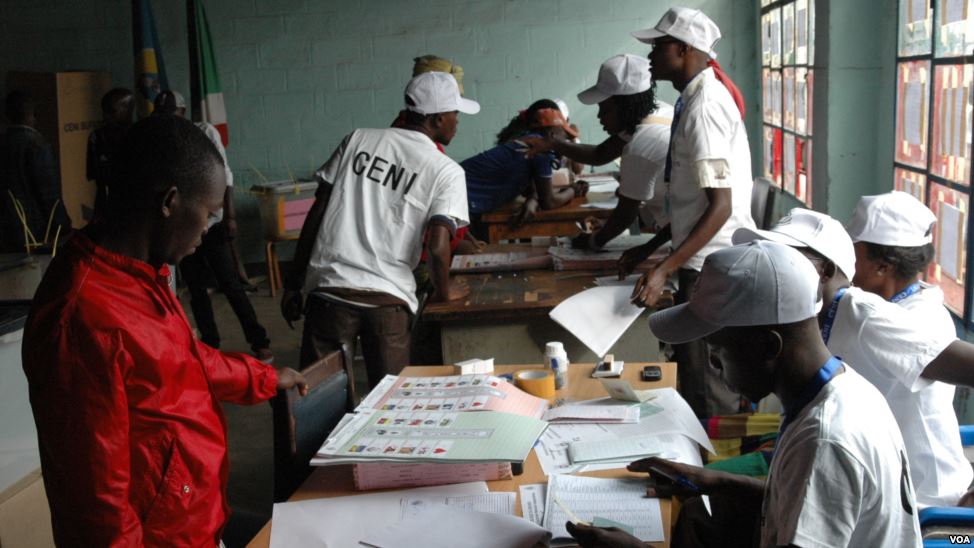
Reserved Seats and Cooptation in Burundi (2000–2020)

Using a lifecycle perspective, this paper analyzes the use of reserved seats and the evolution of cooptation norms and practices in Burundi between the signature of the Arusha Peace and Reconciliation Agreement in 2000 and the 2020 legislative elections. Value-driven objectives,such as minority protection, only partly explain their use and design. The adoption, functionality and recent transformation of electoral cooptation were also determined by realpolitik, most notably by the elites’ struggle for positions and the balance of power. Cooptation had important effects on ethnic cohabitation within parliamentary factions. The paper contributes to the literature on the micro-institutions of power-sharing.
This article was first published in the journal Nationalism and Ethnic Politics by Taylor & Francis Online.
(Photo credit: Wikipedia)